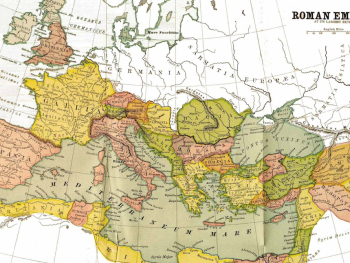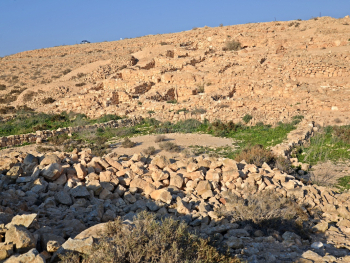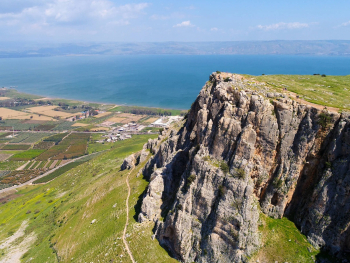Bible study is a journey of exploration and discovery, delving into the timeless truths and teachings of scripture. While the words of the Bible hold profound meaning on their own, understanding the geographical context in which these stories unfold adds depth and richness to our interpretation.
In this article, we will explore the importance of understanding biblical geography in Bible study and how it enhances our understanding of the scriptures.
- Contextual Understanding: Understanding biblical geography provides context for the events, stories, and teachings recorded in the Bible. Geography influences the culture, climate, and way of life of the people living in biblical times. By knowing the physical landscape and location of places mentioned in the Bible, we can better understand the circumstances in which these events occurred and the significance they hold for the people involved.
- Cultural Insights: Biblical geography offers insights into the cultural and historical context of the Bible. Each region mentioned in scripture has its own unique customs, traditions, and social structures. By studying the geographical setting of biblical narratives, we gain a deeper understanding of the customs and practices of ancient societies. This knowledge helps us interpret the actions and decisions of biblical characters within their cultural framework.
- Symbolism and Symbolic Geography: Geography is often used symbolically in the Bible to convey spiritual truths and theological themes. For example, the wilderness symbolizes testing and purification, while mountains represent places of encounter with God. Understanding the symbolic significance of geographical features enriches our interpretation of biblical passages and helps us discern the deeper spiritual meanings behind them.
- Geographical Journeys: Many biblical narratives involve journeys undertaken by key figures such as Abraham, Moses, and Jesus. These journeys are not merely physical movements from one place to another but spiritual journeys of faith, obedience, and transformation. By tracing the geographical routes of these journeys, we can follow in the footsteps of biblical heroes and gain insights into their experiences and encounters with God.
- Prophecy and Geography: Biblical prophecy often involves specific geographical locations and landmarks. For example, the book of Revelation contains numerous references to cities, mountains, and rivers that play a role in end-time events. Understanding the geographical context of prophetic passages helps us interpret their meaning and relevance to our present-day world.
Understanding biblical geography is essential for gaining a holistic understanding of the Bible and its teachings. By studying the geographical context of biblical narratives, we gain insights into the cultural, historical, and symbolic dimensions of scripture. This deeper understanding enriches our interpretation of the Bible and enhances our spiritual journey as we seek to apply its timeless truths to our lives. As we delve into the geographical landscape of the Bible, may we gain a greater appreciation for the God who works in and through the physical world to accomplish his purposes.






